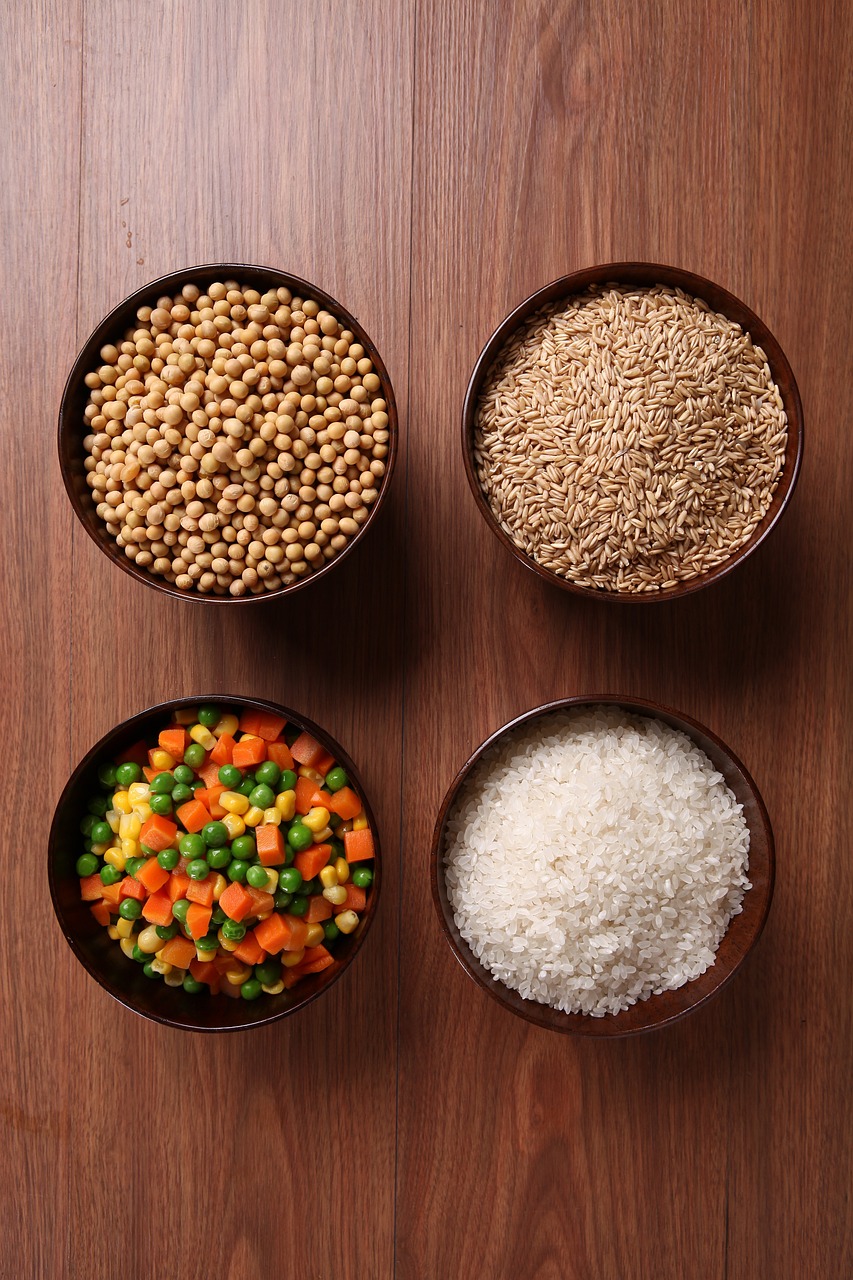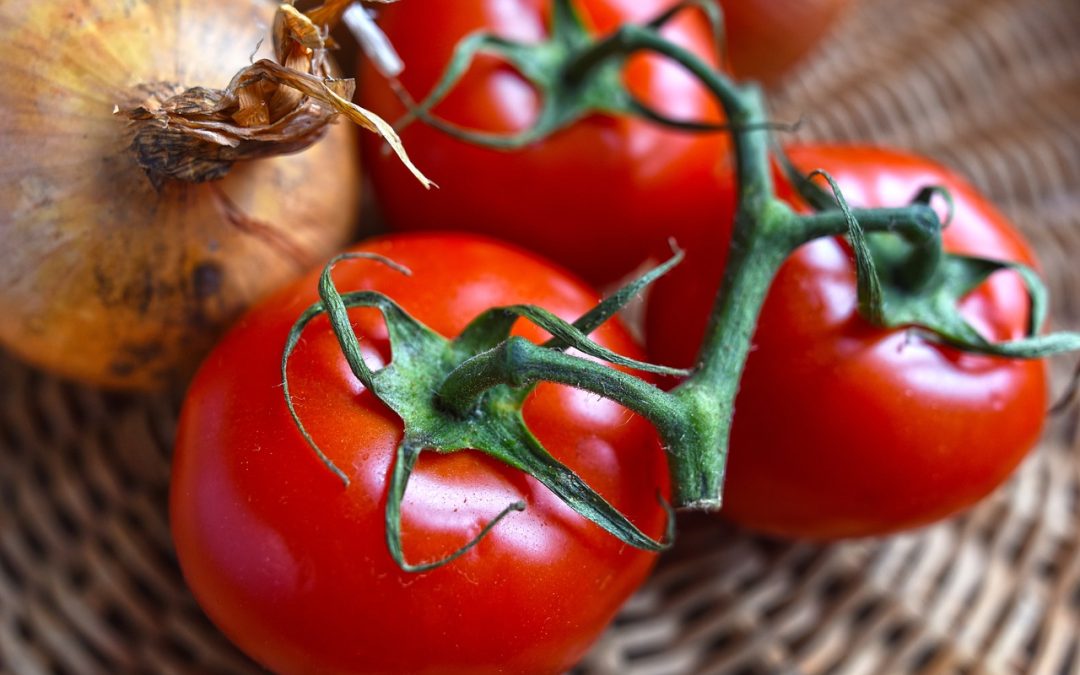Are you looking to improve your energy levels?
If you find yourself feeling tired and sluggish throughout the day, it may be time to take a closer look at your diet. Eating whole foods can be a game-changer when it comes to boosting your energy levels and overall health. In this ultimate guide, we will explore everything you need to know about incorporating whole foods into your diet for maximum energy benefits.
What are whole foods?
Whole foods are foods that are minimally processed and close to their natural state. This means they have not been stripped of their nutrients or had artificial ingredients added to them. Examples of whole foods include fruits, vegetables, whole grains, nuts, seeds, and legumes. By eating whole foods, you are providing your body with essential vitamins, minerals, fiber, and antioxidants that are crucial for optimal health and energy levels.
Why are whole foods important for energy?
Whole foods are rich in nutrients that your body needs to function properly. When you consume processed foods that are high in sugar, unhealthy fats, and additives, you are depriving your body of the essential nutrients it needs to thrive. This can lead to fatigue, lack of focus, and overall poor energy levels. Whole foods, on the other hand, provide your body with a steady source of energy that can help you feel more alert and energized throughout the day.
How to Incorporate Whole Foods into Your Diet
Now that you understand the importance of whole foods for energy, let’s discuss some practical ways you can start incorporating them into your diet.
Start by incorporating more fruits and vegetables into your meals
Fruits and vegetables are packed with vitamins, minerals, and antioxidants that can help boost your energy levels and overall health. Aim to fill half of your plate with fruits and vegetables at each meal to ensure you are getting an adequate supply of these important nutrients. Make it a goal to try new fruits and vegetables regularly to keep things interesting and to ensure you are getting a wide variety of nutrients.
Choose whole grains over refined grains
Whole grains are an excellent source of fiber, which can help regulate your blood sugar levels and provide a steady source of energy throughout the day. Opt for whole grain options such as brown rice, quinoa, oats, whole wheat bread, and whole wheat pasta. Avoid refined grains like white bread, white rice, and sugary cereals, which can cause spikes and crashes in your energy levels.
Incorporate nuts and seeds into your snacks
Nuts and seeds are nutrient-dense foods that are rich in healthy fats, protein, and fiber. They make a great snack option when you need a quick energy boost. Keep a variety of nuts and seeds on hand for when hunger strikes, and pair them with a piece of fruit for a satisfying and energizing snack. Be mindful of portion sizes, as nuts and seeds are calorie-dense foods.
Cook more meals at home using whole food ingredients
Cooking meals at home allows you to have more control over the ingredients you are consuming. By using whole food ingredients like fresh produce, lean proteins, and whole grains, you can ensure that you are providing your body with the nutrients it needs to thrive. Try meal prepping on the weekends to save time during the week and to ensure that you always have healthy meals on hand.
Whole Foods for Energy: Key Nutrients to Focus On
Certain nutrients play a key role in boosting your energy levels and overall health. Let’s take a closer look at some of these important nutrients and the whole foods that are rich in them.
Protein
Protein is essential for building and repairing tissues in your body, including muscle tissue. It also plays a role in maintaining healthy blood sugar levels and providing a steady source of energy. Include sources of lean protein in your meals such as chicken, turkey, fish, tofu, beans, and lentils.
Iron
Iron is a mineral that is essential for producing hemoglobin, a protein in your red blood cells that carries oxygen throughout your body. Iron deficiency can lead to fatigue and low energy levels. Incorporate iron-rich foods into your diet such as lean meats, seafood, leafy green vegetables, nuts, and seeds.
Omega-3 fatty acids
Omega-3 fatty acids are a type of healthy fat that is important for brain health, heart health, and reducing inflammation in the body. Include sources of omega-3 fatty acids in your diet such as fatty fish (salmon, mackerel, sardines), walnuts, flaxseeds, and chia seeds.
Vitamin B12
Vitamin B12 is essential for producing red blood cells and maintaining proper nerve function. A deficiency in vitamin B12 can lead to fatigue and low energy levels. Include sources of vitamin B12 in your diet such as lean meats, fish, eggs, dairy products, and fortified plant-based milk alternatives.
Magnesium
Magnesium is a mineral that is involved in over 300 biochemical reactions in your body, including energy production. A deficiency in magnesium can lead to fatigue and muscle cramps. Include sources of magnesium in your diet such as leafy green vegetables, nuts, seeds, whole grains, and legumes.
Vitamin C
Vitamin C is an antioxidant that is important for immune function and reducing inflammation in the body. It also plays a role in absorbing iron from plant-based sources. Include sources of vitamin C in your diet such as citrus fruits, berries, bell peppers, broccoli, and leafy green vegetables.

The Importance of Hydration for Energy
In addition to eating a diet rich in whole foods, staying hydrated is essential for maintaining optimal energy levels. Dehydration can cause fatigue, headaches, and poor concentration. Aim to drink at least 8-10 cups of water per day, more if you are active or live in a hot climate. Herbal teas, coconut water, and infused water are also great options for staying hydrated.
Meal Planning Tips for Incorporating Whole Foods
Meal planning is a great way to ensure that you are eating a variety of whole foods throughout the week. Here are some tips to help you get started with meal planning:
Plan your meals and snacks for the week ahead
Take some time at the beginning of the week to plan out your meals and snacks. This will help you stay organized and ensure that you have healthy options on hand when hunger strikes. Consider batch cooking meals that can be easily reheated throughout the week.
Make a grocery list
Once you have planned out your meals, make a grocery list of all the ingredients you will need. This will help you stay on track at the grocery store and prevent impulse purchases of unhealthy foods. Consider shopping at local farmers’ markets or health food stores for fresh, organic produce.
Prep ingredients ahead of time
Spend some time chopping vegetables, cooking grains, and preparing protein sources ahead of time. This will save you time during the week and make it easier to throw together quick and healthy meals. Consider pre-portioning snacks like nuts, seeds, and fruit for easy grab-and-go options.
Be flexible and willing to try new recipes
Meal planning should be a fun and creative process. Don’t be afraid to experiment with new recipes and try new ingredients. Incorporating a variety of whole foods into your meals will help keep things interesting and ensure you are getting a wide range of nutrients.

Putting it all Together: Sample Meal Plan
Here is a sample meal plan to help you get started with incorporating whole foods into your diet for optimal energy levels:
| Meal | Breakfast | Lunch | Dinner | Snacks |
|---|---|---|---|---|
| Monday | Greek yogurt with berries and granola | Quinoa salad with chickpeas, cucumber, and feta cheese | Baked salmon with roasted sweet potatoes and asparagus | Apple slices with almond butter |
| Tuesday | Oatmeal with almond butter, sliced banana, and chia seeds | Turkey and avocado wrap with mixed greens | Lentil curry with brown rice and naan bread | Carrot sticks with hummus |
| Wednesday | Scrambled eggs with spinach and whole grain toast | Grilled chicken salad with mixed vegetables and balsamic vinaigrette | Stir-fried tofu with broccoli and bell peppers over quinoa | Greek yogurt with honey and walnuts |
| Thursday | Smoothie with spinach, banana, almond milk, and protein powder | Quinoa and black bean salad with cherry tomatoes and avocado | Baked chicken with quinoa and roasted Brussels sprouts | Trail mix with dried fruit and nuts |
| Friday | Whole grain toast with avocado and poached eggs | Lentil soup with a side of whole grain bread | Shrimp stir-fry with brown rice and snap peas | Rice cakes with almond butter |
Conclusion
Incorporating whole foods into your diet is a simple and effective way to boost your energy levels and overall health. By focusing on nutrient-dense foods like fruits, vegetables, whole grains, nuts, seeds, and lean proteins, you can provide your body with the essential vitamins, minerals, and antioxidants it needs to thrive. Remember to stay hydrated, meal plan, and be open to trying new recipes to keep things interesting. With these tips, you’ll be well on your way to feeling more energized and revitalized. Here’s to good health and plenty of energy!







